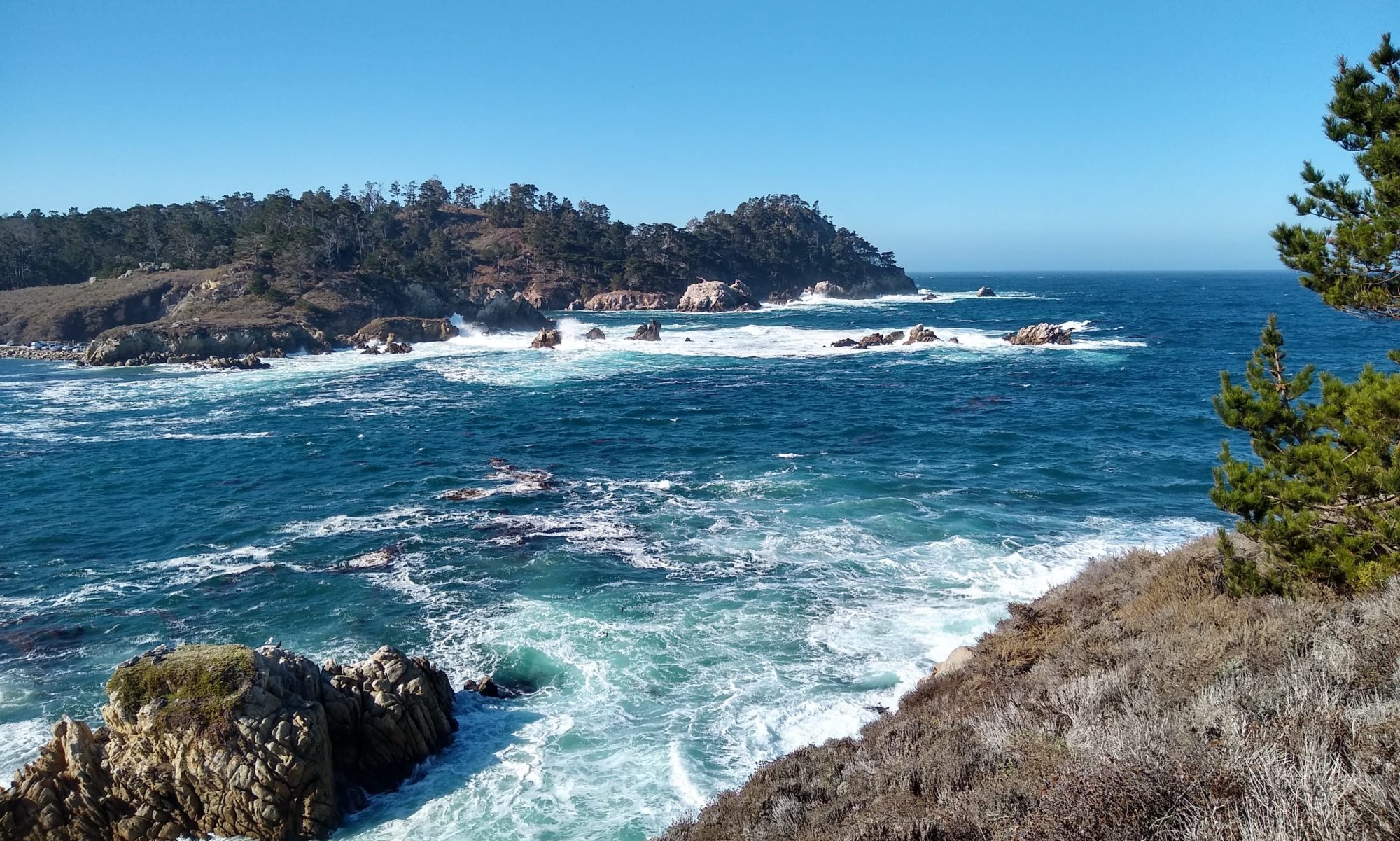Act Now
Since I wrote this, a study was published detailing how the waters off our coast are acidifying twice as fast as the global average. Extremely troubling.
The climate emergency puts species at risk for sudden unpredictable annihilation. We can’t control climate change impacts that are already occurring. What we can do right now is act to reduce other threats the species of the world are facing,
Birds are vanishing from North America. We can’t control how changing temperatures and climate will affect bird populations. But we can work to reduce known threats they face from human activities, such as the major threat from pesticides.
I think of a local example of the devastating effects of warmer ocean temperatures and other climate change influences on ecosystems, habitats and species. In the Santa Barbara Channel a few years ago we experienced an unusual warm water event nicknamed the “Blob.” This anomaly together with an El Nino had major impacts, including: major shifts in food webs; a massive epidemic of sea star wasting disease; many seabird and marine mammal die-offs; numerous sea lion pups dying and washing ashore; a harmful algal bloom so extensive it resulted in closure of rock crab fisheries; and much more. While this particular Blob dissipated eventually, we continue to get reports about new warm water anomalies.
Just this year, in May 2019 the National Marine Fisheries Service declared an “Unusual Mortality Event” in response to high numbers of deceased gray whales washing ashore along our coast. Theories about the causes include lack of food in usual foraging areas. This could be related to changes in water temperatures, and it’s not something we can change immediately. But we do know that container ships off our coast strike and kill whales every year.
Whether it’s whales or songbirds, controlling pesticides or ships, it’s clear this can’t be Business as Usual for environmental protection in the era of the Climate Emergency. We know enough to act now to reduce the known threats that we can control. And we must.

